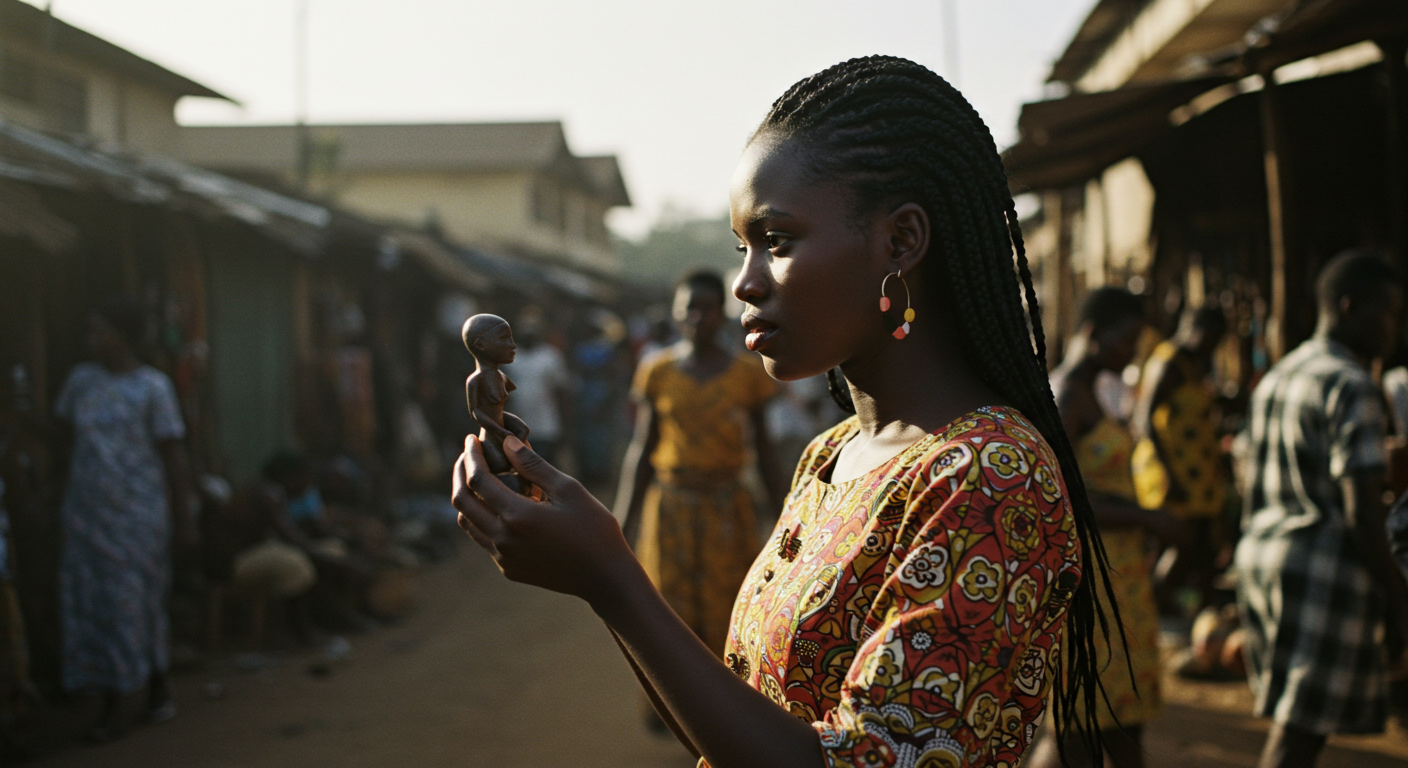Growing up in Africa means being surrounded by a rich tapestry of cultural beliefs—many passed down through oral tradition, family lore, or quiet warnings whispered by elders. While modernization has shifted perspectives, some superstitions remain deeply rooted in our consciousness. Here are a few I grew up with—and still find myself thinking about today.
1. Don't Whistle at Night
Whistling after dark was believed to attract evil spirits or snakes. As a child, I dared not whistle outside after dusk, and to this day, an eerie feeling creeps over me if I hear someone do so.
2. The Itchy Palm
In Yoruba culture, an itchy right palm meant money was coming your way; the left palm meant you would spend money soon. It may not be scientifically proven, but I still find myself smiling when my right palm itches.
3. Don’t Sweep at Night
Elders warned that sweeping at night would sweep away your fortune. Some say it was practical (to avoid sweeping up valuables by mistake), but in my home, it was strictly taboo.
4. Pregnant Women Shouldn't Announce Early
Across many African cultures, early pregnancy announcements are discouraged. It’s believed that revealing too soon invites negative spiritual attention. Even in today’s world of social media announcements, many still wait until after the first trimester.
5. Owls Are Harbingers of Doom
If an owl hooted near your home, it was seen as an omen of death or bad luck. This belief stretches across many African regions and still colors how many view the bird today.
These superstitions serve as reminders of the spiritual depth and caution that define African communal life. While we may chuckle at some today, they form an essential part of our cultural DNA.



